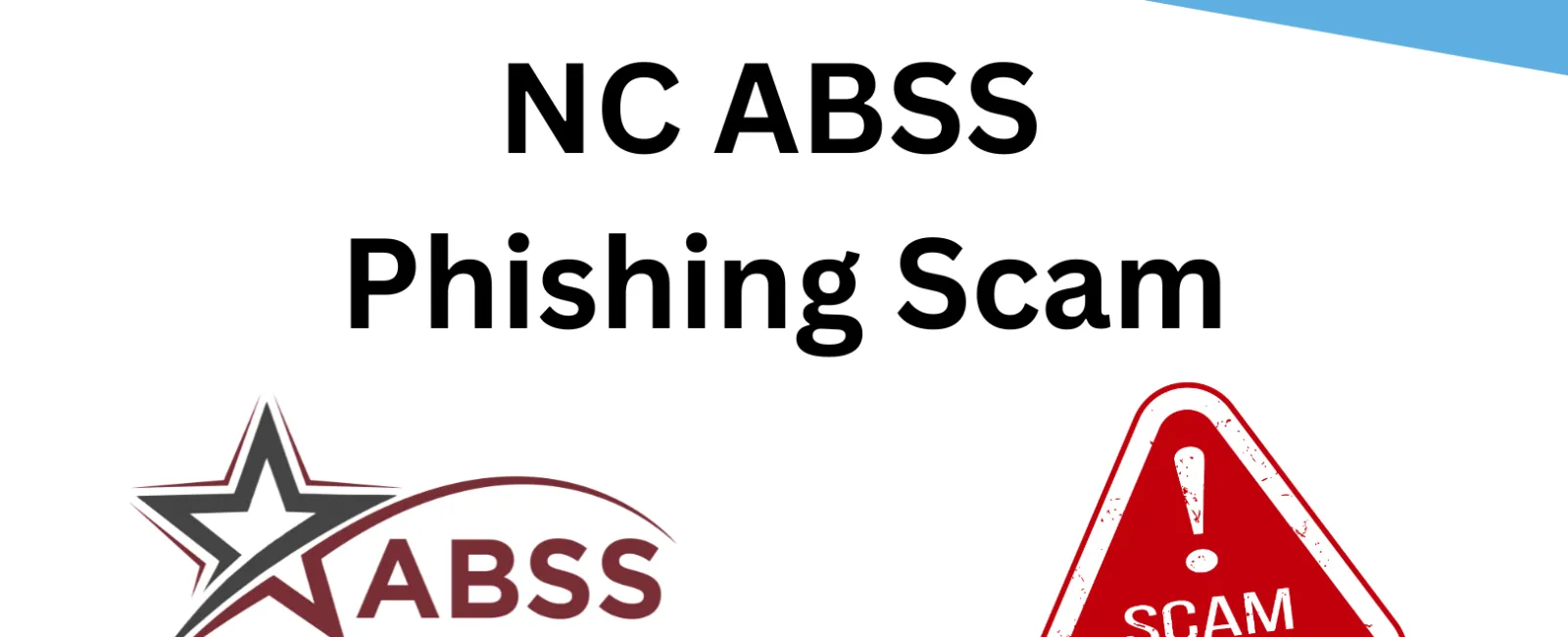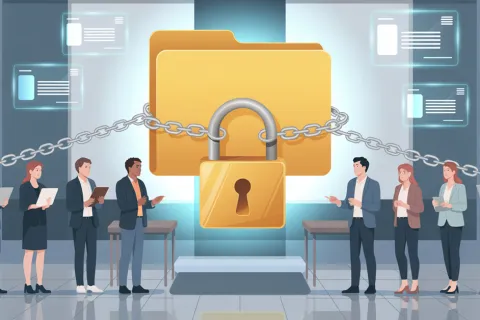Background of the Incident:
The ABSS phishing scam serves as a stark reminder of the sophistication of modern cyber threats. The school system received a seemingly legitimate email requesting to set up direct deposit payments instead of the usual check method. This minor change in the payment process led to the accidental wiring of over $300,000 to the fraudulent account. Fortunately, in this case, the funds were recovered, but the incident sheds light on the subtle yet effective tactics used by cybercriminals.
Analyzing the Cybersecurity Breach
At its core, this incident underlines the importance of vigilance and skepticism in digital communications. The switch from a check to a direct deposit may seem innocuous, but it represents a significant red flag. Such incidents prompt a necessary analysis of current risk management strategies within organizations and call for a reevaluation of how financial transactions and communications are handled.
The Human Factor in Cybersecurity
One of the critical takeaways from the ABSS scam is the role of human error in cybersecurity breaches. The incident underscores the need for regular, comprehensive cybersecurity training for all staff members. It's not just about having the right technological tools; it's equally about ensuring that every team member is equipped to identify and respond to potential threats. Regular training sessions, phishing tests, and awareness programs are essential in building a robust defense against cyber threats.
Preparing for the Worst: Incident Response Planning
While prevention is ideal, preparation for potential breaches is equally crucial. This involves developing a public relations strategy and an incident response plan. In the event of a cybersecurity breach, knowing who needs to be informed (such as your board, clients, or patients) and having a pre-planned response can mitigate the damage and maintain trust. It's about anticipating the "when" rather than pondering the "if."
Cybersecurity Insurance: A Necessary Safeguard
Another essential aspect highlighted by the ABSS incident is the role of insurance in cybersecurity. It's vital to verify with your insurance providers whether your current policies cover incidents like phishing scams. If they don't, it's crucial to understand what additional coverage or policies are needed. This step often leads to discovering other necessary cybersecurity measures, like setting up multi-factor authentication and conducting regular audits.
Action Steps for Enhanced Cybersecurity
In light of the ABSS phishing scam, here are some proactive steps every organization should consider:
- Perform a Risk Analysis: Engage with cybersecurity experts to assess the vulnerabilities in your system. Companies like ComTech can provide comprehensive risk analysis services.
- Invest in Staff Training: Consider half-day cybersecurity training sessions that cover the latest threats and protection strategies. Regular training keeps your team updated and prepared.
- Review and Update Policies: Regularly review and update your cybersecurity policies and incident response plans to adapt to the evolving cyber threat landscape.
- Consult with Insurance Providers: Ensure your insurance covers the spectrum of potential cyber threats. Use real-life incidents like the ABSS scam as reference points for discussions with your insurers.
The ABSS phishing scam serves as a powerful learning tool for every organization, regardless of size or industry. It emphasizes that cybersecurity is not just a technological challenge but a human one. By learning from such incidents, staying informed about the latest threats, and taking proactive steps to bolster defenses, we can collectively strengthen our resilience against cybercrime.
Remember, ComTech is here to assist with your cybersecurity needs. Whether it's conducting risk assessments, providing training, or offering guidance on best practices, our goal is to ensure your digital environment is safe and secure. Contact us if you need help with your cybersecurity needs, we are here to help.







